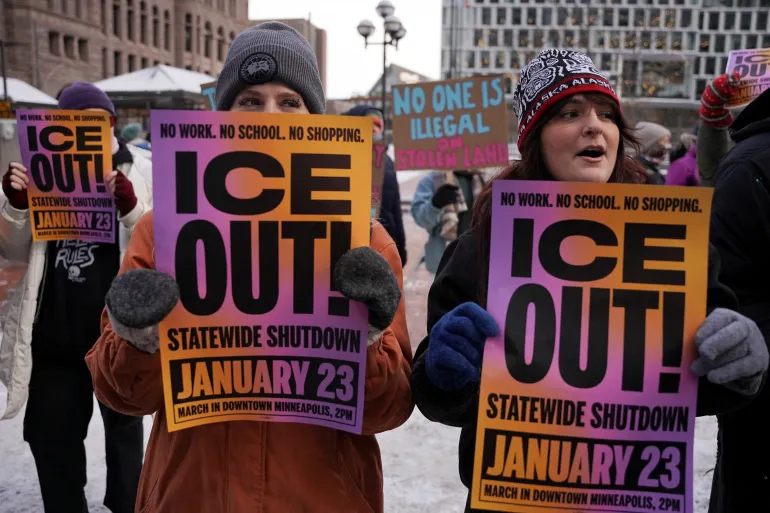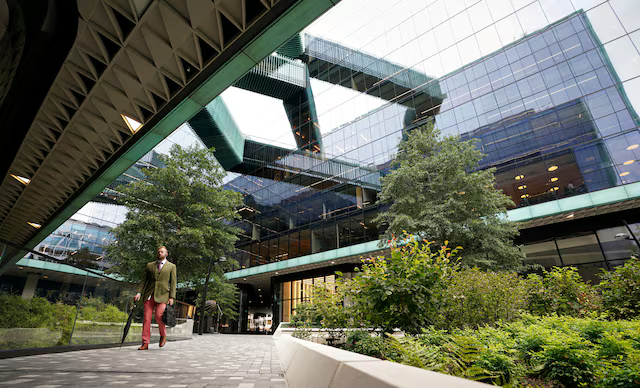Shares of mortgage finance giants Fannie Mae and Freddie Mac saw sharp gains in over-the-counter (OTC) trading on Thursday following remarks by US President Donald Trump that he is seriously considering taking the two government-controlled entities public.
The companies, known formally as the Federal National Mortgage Association (Fannie Mae) and the Federal Home Loan Mortgage Corporation (Freddie Mac), were placed under federal conservatorship during the 2008 financial crisis. The US Treasury still holds preferred shares in the firms and warrants to acquire approximately 80% of their common stock.
In a post on his social media platform Truth Social, President Trump said he was giving “very serious consideration” to spinning off the mortgage giants and planned to consult with top officials including Treasury Secretary Scott Bessent and Federal Housing Finance Agency Director William Pulte before making a final decision.
Fannie Mae’s OTC shares rose 40.9% to $10.50, while Freddie Mac’s shares climbed 52.6% to $8.58 in premarket trading. Both companies have seen their valuations rise significantly over the past year, especially following Trump’s election victory in November. Their combined market value currently stands at around $12.3 billion.
Supporters of privatization argue that returning Fannie and Freddie to the private sector would be a victory for fiscal conservatives who oppose long-term government involvement in major commercial entities. Trump previously attempted to privatize the firms during his first term but was unsuccessful.
Some investors could benefit significantly from such a move. Pershing Square Capital Management, led by Trump ally Bill Ackman, holds a 10% stake in Fannie’s public OTC shares, according to LSEG data. Capital Research Global Investors is the largest shareholder in Freddie and a major stakeholder in Fannie as well.
However, the potential privatization effort has prompted concerns among some economists and housing advocates. Critics warn that removing the government’s implicit support of Fannie and Freddie could lead to higher mortgage rates, making homeownership less affordable for many Americans. Approximately 70% of all US mortgages—totaling around $16 trillion—are currently backed by the two companies.
“Fannie Mae and Freddie Mac are doing very well, throwing off a lot of cash,” Trump wrote, suggesting that now might be an opportune time for the transition.
But Treasury Secretary Bessent previously emphasized that any such decision must be guided by potential impacts on mortgage rates.
“The most important metric… is any study or hint that mortgage rates would go up,” he stated in February.
A similar caution was echoed by FHFA Director Bill Pulte, who acknowledged the need for a long-term solution but stressed that any exit from conservatorship must prioritize market stability and consumer protection.
Some advocacy groups see opportunity in the proposal. Gary LaBarbera, president of the Building and Construction Trades Council of Greater New York, said that proceeds from a public offering—estimated by some analysts to exceed $250 billion—could be used to fund middle-class housing projects.
“Housing for US stands ready to work with President Trump to make it happen,” he said.
While the timeline and strategy for any potential listing remain unclear, the prospect of privatization has reignited investor interest in Fannie and Freddie, which last repaid their federal bailout funds in 2017 and have remained profitable since.










The latest news in your social feeds
Subscribe to our social media platforms to stay tuned